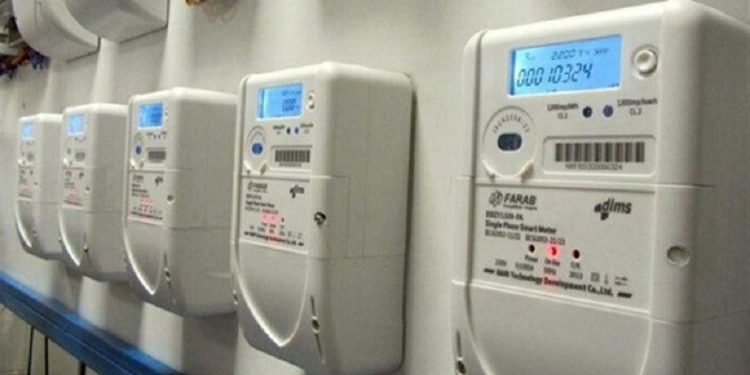Nigeria’s electricity distribution companies (DisCos) have struggled to absorb the full power generation capacity, highlighting a significant bottleneck in the country’s electricity supply chain. The Minister of Power, Chief Adebayo Adelabu, revealed that on Friday, August 30, 2024, power generation in Nigeria peaked at 5,170 megawatts. However, due to the inability of DisCos to take up the full supply, the generation had to be scaled down by 1,400 megawatts.
“This is really regrettable considering that the government is on course to increase generation to 6,000 megawatts by the end of the year,” said Adelabu. He acknowledged the challenge posed by the DisCos’ capacity constraints but assured that the government is actively working to achieve a stable power supply across the nation.
Chief Adelabu made these remarks while on a facility tour of TBEA Southern Power Transmission and Distribution Industry in Beijing, China, where he is attending the China-Africa Cooperation Summit as part of President Bola Tinubu’s delegation. During the tour, Adelabu outlined the federal government’s plans to address the distribution bottleneck, emphasizing that arrangements have been finalized to release $800 million under the Presidential Power Initiative (PPI). These funds will be directed toward the construction of new substations and distribution lines, aimed at enhancing the capacity of DisCos to handle increased power generation.
The power sector’s challenges remain a critical issue in Nigeria, as inadequate distribution infrastructure continues to hamper efforts to deliver stable electricity to consumers.
The government’s push to improve generation capacity must be matched by equivalent enhancements in the distribution network to ensure that the additional power reaches homes and businesses across the country.
As the year progresses, all eyes will be on the implementation of the Presidential Power Initiative and the broader efforts to overhaul Nigeria’s power sector. Success in these endeavors will be crucial in meeting the nation’s growing energy demands and fostering economic growth.















